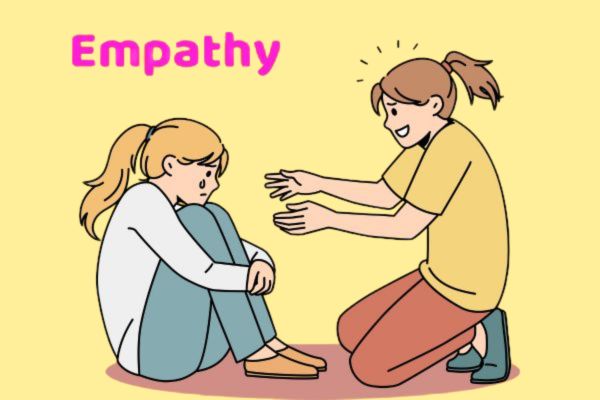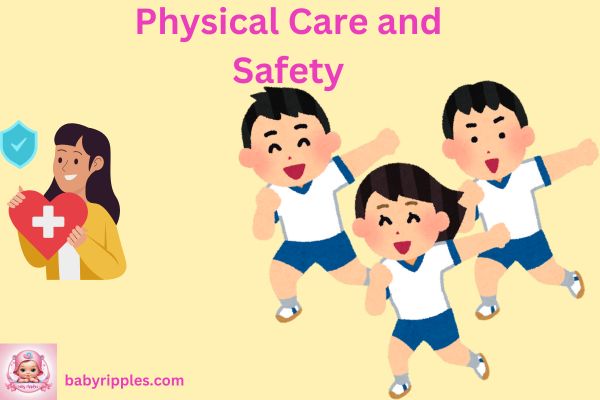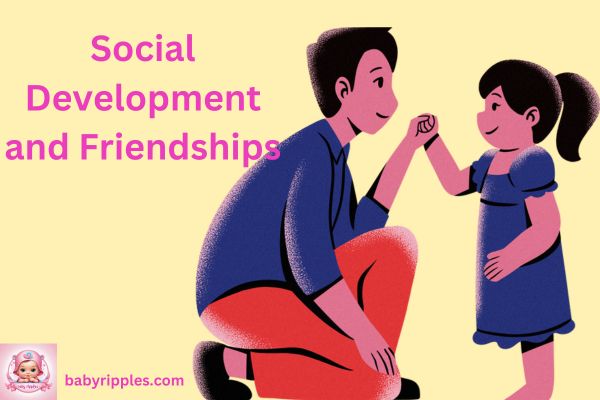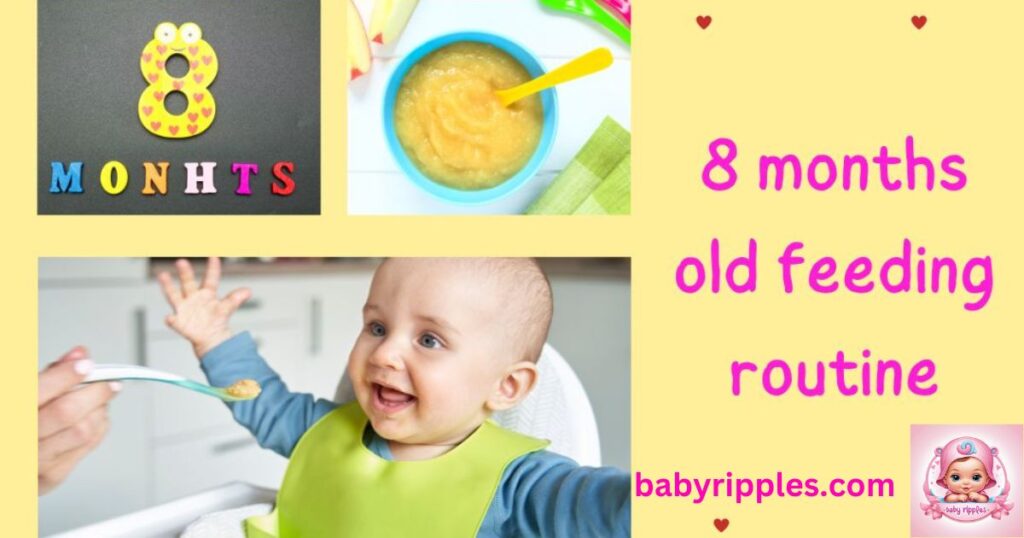Description of a Good Parentis very important topic. Parenting is a beautiful yet challenging journey. Being a good parent is more than just providing basic necessities — it’s about nurturing, guiding, and inspiring your child to become the best version of themselves. Parents’ problems often arise during this journey, making it essential to focus on effective parenting strategies. But what exactly defines a good parent? Let’s explore the essential qualities, values, and actions that contribute to effective parenting.
- Description of a Good Parent
- Emotional Aspects of Good Parenting
- Intellectual Growth and Support
- Moral and Ethical Values
- Physical Care and Safety
- Balancing Discipline and Encouragement
- Social Development and Friendships
- Personal Growth and Independence
- Final Thoughts about Description of a Good Parent
- Frequently Asked Questions about Description of a Good Parent
Description of a Good Parent
1. Unconditional Love and Support
A good parent provides love without conditions This is about accepting your child for who they are, regardless of achievements or faults. Unwavering support builds emotional security and trust.
2. Effective Communication

Open and honest communication is essential. Good parents create a safe space for children to express their thoughts and emotions without fear of judgment.
3. Leading by Example
Children learn through observation. A good parent models positive behavior, including kindness, honesty, and respect.
4. Providing Guidance, Not Control
Guidance involves teaching children how to make decisions rather than dictating every choice. This helps foster independence and critical thinking skills.
5. Consistency and Boundaries
Good parents set clear rules and enforce them consistently. Boundaries teach children self-discipline and the importance of consequences.
Emotional Aspects of Good Parenting

1. Empathy and Understanding
A good parent tries to understand their child’s emotions and perspectives. Empathy facilitates the development of a closer emotional bond.
2. Emotional Availability
Being present emotionally matters as much as physical presence. Good parents listen actively and respond with care.
3. Encouraging Emotional Expression
Allowing children to express their emotions freely helps them manage feelings effectively, contributing to better mental health.
Intellectual Growth and Support

1. Encouraging Curiosity
A good parent nurtures their child’s curiosity by answering questions patiently and encouraging exploration.
2. Supporting Education
Education goes beyond academics. Good parents instill a love for learning through books, experiences, and conversations.
3. Fostering Creativity
Creativity is vital for problem-solving. Encourage activities like drawing, storytelling, and imaginative play.
Moral and Ethical Values

1. Teaching Integrity
Good parents emphasize honesty and the importance of doing the right thing even when no one is watching.
2. Encouraging Compassion
Teach your child the importance of kindness, empathy, and helping others.
3. Instilling Responsibility
Assigning age-appropriate chores and tasks helps children learn accountability.
Physical Care and Safety

1. Providing Basic Needs
A good parent ensures the child’s fundamental needs—food, shelter, clothing, and medical care—are met.
2. Health and Hygiene Education
Teaching proper hygiene and health habits helps children develop lifelong wellness routines.
3. Ensuring Safety
Creating a safe physical environment both at home and outside is crucial for a child’s well-being.
Balancing Discipline and Encouragement

1. Positive Reinforcement
Encouraging good behavior through praise and rewards often works better than punishment.
2. Fair Discipline
Discipline should be constructive, focusing on teaching rather than punishment. Timeouts, explanations, and logical consequences work best.
3. Avoiding Over-Discipline
Excessive discipline can harm a child’s confidence. Balance correction with compassion.
Social Development and Friendships

1. Encouraging Social Interaction
Good parents help their children build friendships and social skills through playdates and group activities.
2. Teaching Conflict Resolution
Help children learn to resolve disagreements calmly and respectfully.
3. Modeling Healthy Relationships
Demonstrate positive relationships within the family, showing respect and communication.
Personal Growth and Independence

1. Encouraging Self-Expression
Support your child’s hobbies, interests, and talents without imposing your preferences.
2. Allowing Decision-Making
Let children make age-appropriate choices, fostering independence and decision-making skills.
3. Building Resilience
Teach children how to handle failures and challenges with perseverance and positivity.
Final Thoughts about Description of a Good Parent
Being a good parent involves more than just fulfilling basic needs; it’s about nurturing your child’s emotional, intellectual, and moral development. By practicing empathy, effective communication, and positive discipline, you can create a loving, supportive environment where your child thrives.
Frequently Asked Questions about Description of a Good Parent
1. Which characteristics are most important for a successful parent?
A successful parent must have empathy, efficient communication, unconditional love, and clear boundaries.
2. How can I improve my parenting skills?
Focus on active listening, setting clear boundaries, practicing empathy, and leading by example.
3. What makes a bad parent?
A bad parent often neglects emotional support, enforces inconsistent discipline, or fails to meet the child’s basic needs.
4. Can good parenting be learned?
Yes, parenting is a skill that can be developed through education, experience, and self-awareness.
5. How important is emotional support in parenting?
Emotional support is crucial as it helps children develop self-esteem, trust, and emotional security.cess and emotional well-being.





